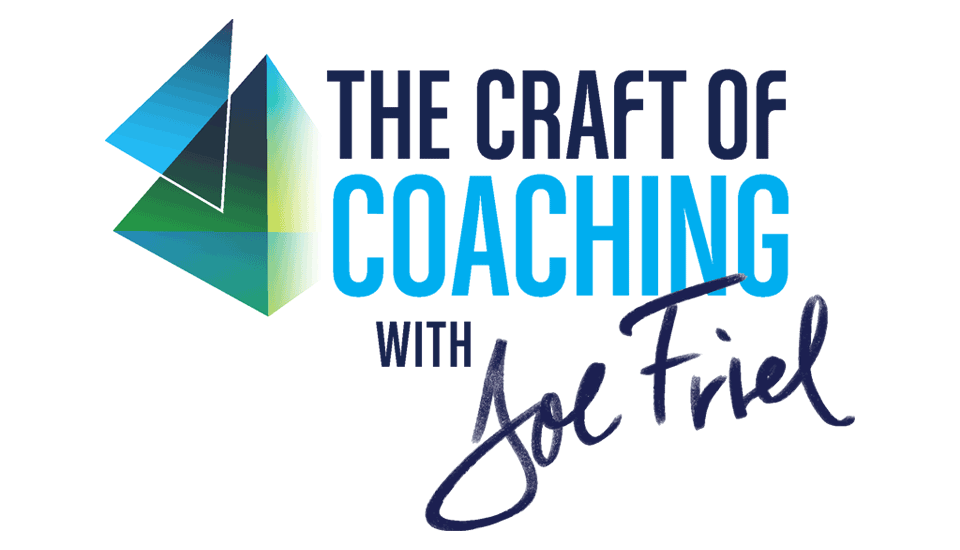Improve Your Interpersonal Skills
Joe Friel explains why people skills are the most important talent required to become an effective and successful coach, and how to improve them.
Joe Friel explains why people skills are the most important talent required to become an effective and successful coach, and how to improve them.
